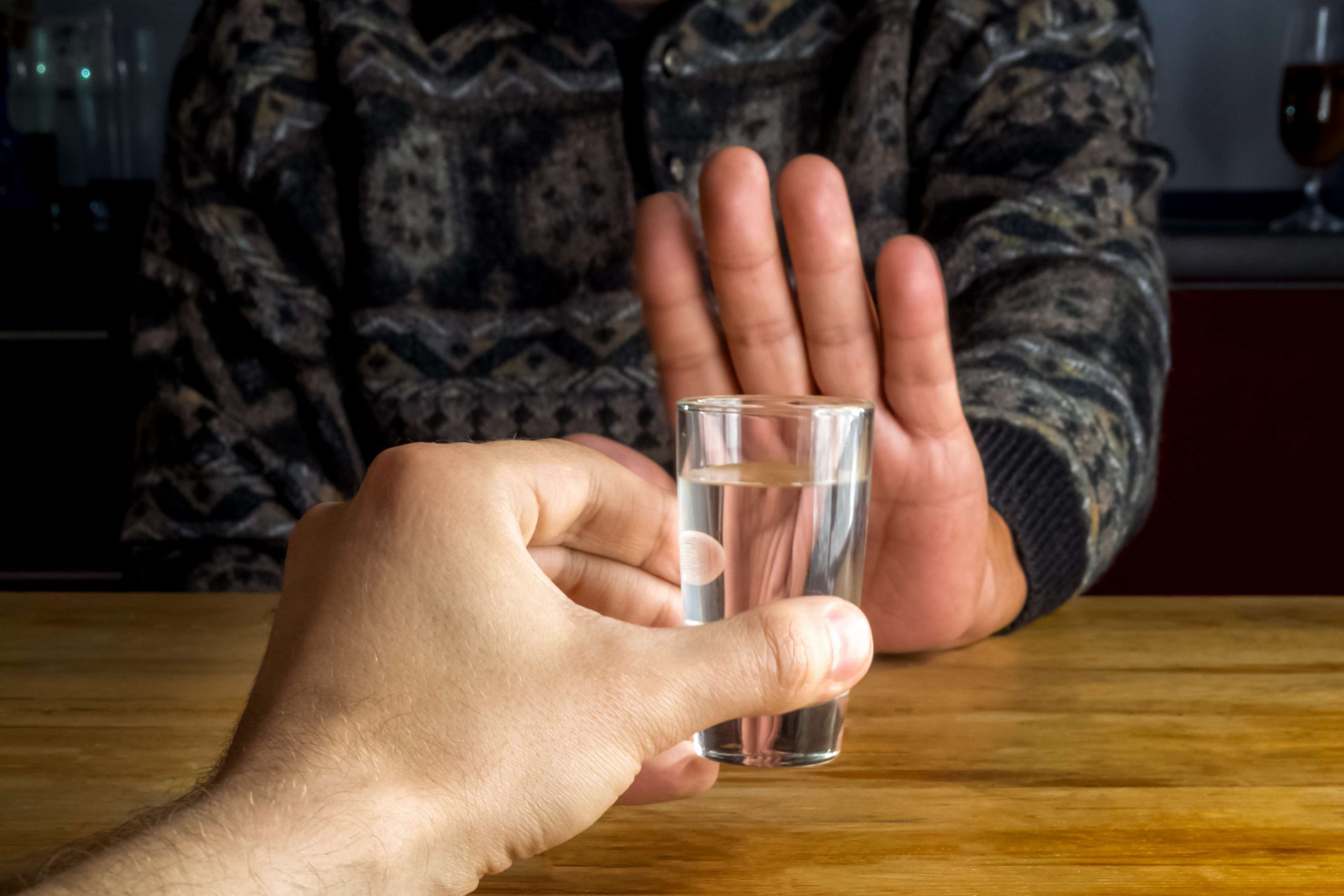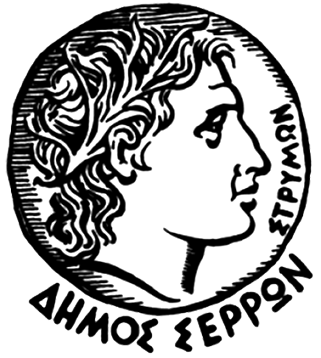Content
For this coping method, sit down and take stock of what feelings lead you to relapse or near-relapse. These can be feelings of anger, shame, loneliness or tiredness. Along with each feeling, list one or more healthy ways to address the feeling, such as calling a friend for loneliness.

Eating before, during, and after drinking can help slow the absorption of alcohol into the bloodstream. Drinking plenty of water can also assist with dehydration and flushing toxins from the body. Although these new activities are healthy and productive, they can be a stumbling block to lasting recovery if they become a transfer addiction to fill the void left by the original addiction. Most people who make their way into recovery have left a lot of pain and suffering in their wake.
Make New Friends
Feeling guilty or ashamed of past behavior or actions during active addiction is natural and healthy. Financial troubles and problems finding and keeping employment are major triggers for relapse, but it is possible to take baby steps and get your finances in order. Just keep in mind that your improvements won’t happen overnight. A mental health professional can help you cope with some of the challenges you’ll face on your path to sobriety. Depending on the type of dependency, PAWS can last from six months to two years after you stop using drugs or alcohol.
They likely will not pressure you to join along with them if you feel uncomfortable. Staying sober during triggering events, like parties, weddings, holidays, vacations, and when out with friends who drink, can be tough. Going to a 12-Step program or other support group offers encouragement and support for your long-term recovery. Many treatment centers encourage you to find a support group that will work for you. You will find that long-term sobriety is possible when you focus on the daily process instead of the long-term end goal. With the many types of groups available besides alcoholics and narcotics anonymous, you can look into what kind of program will help you or a loved one.
Participate in a Treatment Program
You can find many pathways to a healthy and happy life. Sobriety is just one part of living a happy life in recovery. During inpatient addiction treatment, you might have gone through detox and learned about co-occurring mental health issues related to alcohol and substance use disorders.
The ultimate goal in recovery is to abstain from substance abuse completely. However, this is extremely difficult to accomplish, and there’s always a chance that no matter what you do, you may have a bad day and slip up. At this point, rather than beating yourself up and potentially using more drugs or alcohol, it’s time to rededicate yourself to your recovery.This is NOT an excuse to relapse. If and when you slip, let it serve as a reminder of where you don’t want to be. Once you use again and the initial high wears off, there’s a good chance you’ll feel shame and guilt.
How to Stay Sober: 10 Tips
When people drink or use drugs, it frequently starts as a way to deal with hardships but becomes a primary coping mechanism. Things that happen in life may feel as if they’re too difficult to deal with without the effects of a substance. People may want to feel numb so they can overlook the bad things in their life. That often leads to being unable to see or enjoy the good as well.
- Its basis is a 12-step program that aims to admit that you are powerless and asks you to ‘surrender to a higher power.’ This isn’t for everyone.
- An individual can stay aware of how many drinks they have had by keeping a notepad and a pen handy and jotting each drink down.
- You may not exercise because you’d rather drink or you’re spending time nursing hangover symptoms.
- Most of what Derek Brown needed to know about life, he learned from punk and hardcore music.
If you’re feeling the effects of alcohol, drink water or sports drinks to prevent dehydration. Certain OTC medications and bland foods can help with a headache or an upset stomach. Try sober house drinking only beer for the night and avoiding mixed drinks. Shots of hard liquor get you drunk very fast, so avoid them. Some alcoholic drinks are absorbed even faster than others.

